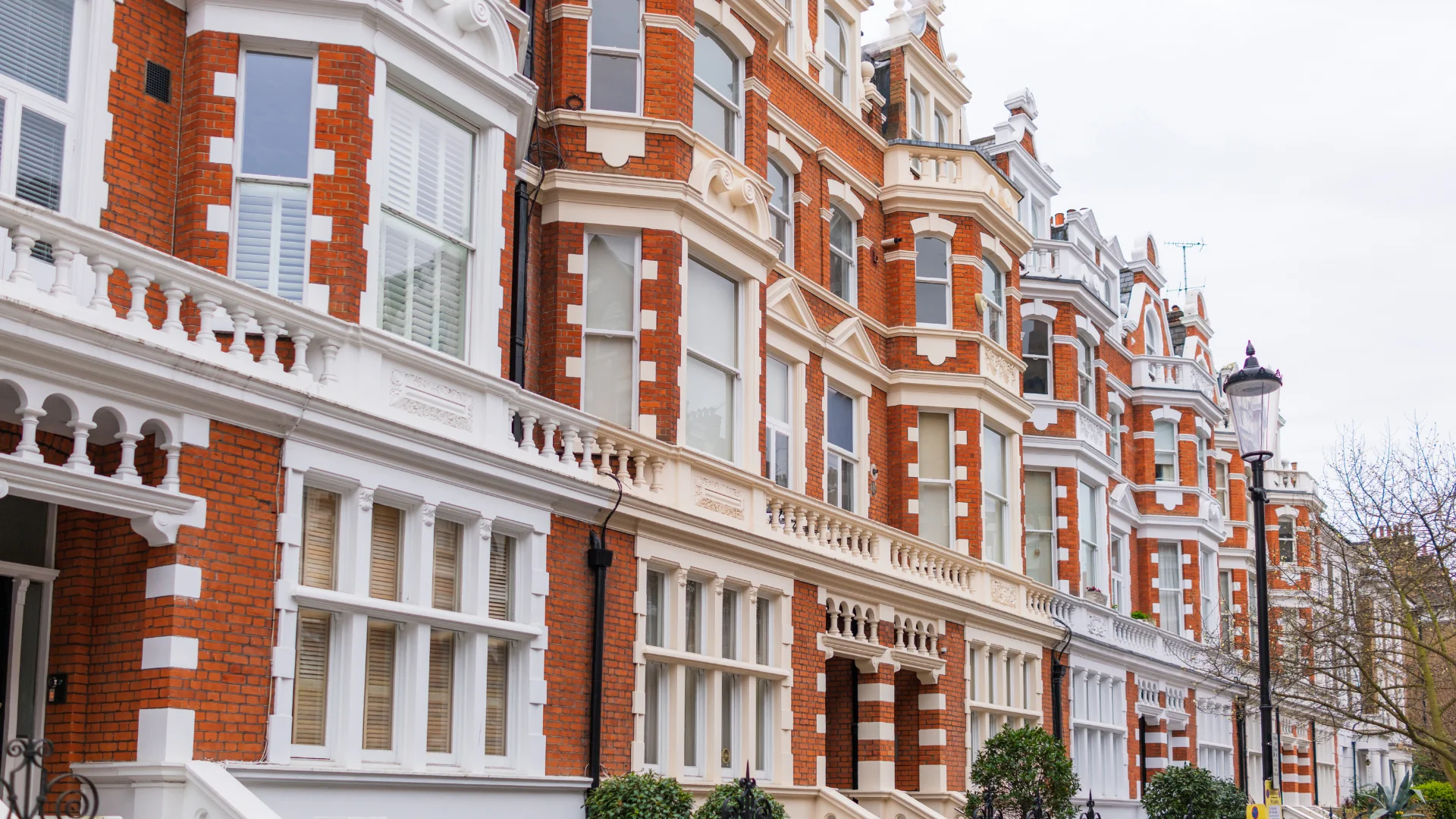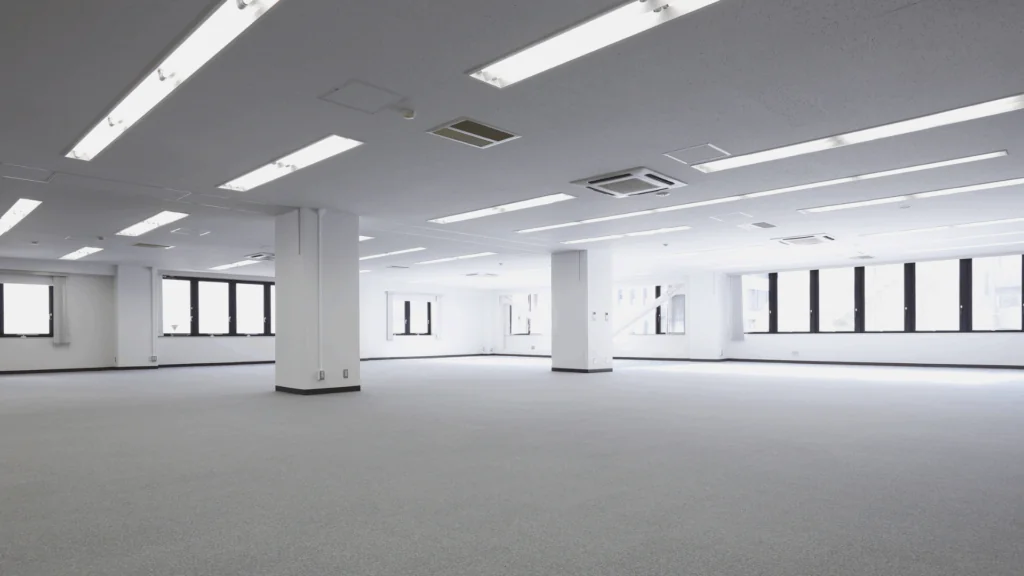Commercial Mortgages: How Much Can I Borrow?

Check how much you can borrow by using the calculator below.
Just enter a few simple details and get an instant estimate tailored to your financial needs.
It takes less than 30 seconds to do!
[Embedded Commercial Mortgage Calculator]
Bear in mind, that this is just a rough guide.
For a more accurate amount, speak with a commercial mortgage broker. To get started, simply contact us.
We’ll set up a free and no-obligation chat with the right commercial mortgage broker who can give you the full picture of your options for your business needs.
Get the Most Out of Our Commercial Mortgage Calculator
First, your privacy is our top priority. We guarantee that we do not collect your personal details or account information when you use our calculator. Feel free to use it as often as needed!
Additional Points To Keep in Mind:
> Accuracy Matters
Your results are only as good as the information you put in. Make sure your details are accurate for the most reliable estimate.
> Lender Variations
While our calculator reflects general lender criteria, some lenders have unique criteria.
> Just an Estimate
These are only estimates and not a formal mortgage offer or financial advice. For tailored advice and results, consult a commercial mortgage broker.
Key Features of Commercial Mortgages
- You can borrow against new commercial property, remortgage, or release equity for expansion.
- Loan-to-value ratios range from 60% to 75%, meaning a deposit of 25%-40% of the property’s value is needed.
- Interest rates might be fixed or variable, typically 2-12% above the Bank of England’s base rates.
- Repayment terms generally stretch from 3 to 25 years.
- Some lenders allow you to overpay or take payment holidays.
- Lenders assess your business performance, credit status, business plan, the property’s condition and location, and potential rental income.
- Fees may include arrangement, valuation, and legal fees, plus possible charges for early repayment.
- For a 100% mortgage, additional security or a personal guarantee might be required, making owners liable if repayments are missed.
Commercial mortgages offer negotiation flexibility but are less regulated than residential ones. However, as they are secured loans, failing to keep up with payments could lead to losing your property.
How Lenders Determine Your Eligibility and Interest Rate?
To be eligible for a commercial mortgage, here’s what lenders look at:
- You need a clear business plan.
- Your business must have a steady income, showing you can manage the mortgage payments.
- A good credit history is essential to prove you’re a reliable borrower.
- Experience in your industry indicates you can navigate business ups and downs.
- Your business’s future income should suggest you can handle the loan long-term.
- A deposit of 20% to 40% of the property’s value is usually required.
- If your business earns rental income, this boosts your cash flow and can help your application.
Interest rates for commercial mortgages often range from 2-12% above the Bank of England’s base rates. So, if base rates are at 5.25%, you could see rates starting from 7.25%.
The rate you’re offered can vary based on:
- The credit scores of your company and its directors.
- Your business’s financial health.
- How much you want to borrow.
- The industry you operate in.
- Your lender’s specific requirements.
- The speed at which you need the funds.
- The property’s condition and location.
- Whether you’re providing extra collateral or personal guarantees.
These factors help lenders decide if you qualify for a mortgage and what interest rate you’ll get.
Digging Deeper: More About Commercial Mortgages
What is a Commercial Mortgage?
A commercial mortgage is a loan secured against real estate used for business purposes.
There are two main types: owner-occupied, where the business operating on the premises owns the property, and commercial investment mortgages, designed for investors looking to rent out the property.
What is a Semi-Commercial Mortgage?
A semi-commercial mortgage is for properties that have both residential and commercial elements.
Examples include shops with flats above or offices with residential units. These properties are classed as semi-commercial.
What If I Have a Lower or No Deposit?
100% commercial mortgages are rare and usually require additional security. This could be another property you own or a guarantee from a third party.
What Are the Fees To Expect?
Getting a commercial mortgage comes with certain fees from the start and as you go along. Here’s a quick rundown:
- Arrangement Fee – This is for setting up your mortgage. It’s usually 1% to 2% of the loan amount. You might pay this upfront or add it to your mortgage.
- Valuation Fee – This pays for checking the property’s value. It varies from £500 to £1,500, based on the property’s size and complexity, and you’ll pay this upfront.
- Legal Fees – You’ll pay for legal help with your mortgage. This can be between £500 and £5,000, depending on how complex the deal is, and it’s paid upfront.
- Surveyor’s Fee – For a detailed property check, this could be £400 to over £1,000, also paid upfront.
- Booking Fee – Some lenders charge this to secure your mortgage deal, usually £100 to £250, paid upfront.
- Early Repayment Charge – If you pay off your mortgage early, you might be charged a percentage of the loan. This varies, so ask your lender.
- Broker Fee – If you use a broker, they might charge £500 to £1,000, though sometimes they’re paid by the lender.
- Exit Fee – When you finish paying your mortgage or switch lenders, you might pay £100 to £300.
Knowing these costs helps you plan better and avoid surprises. Always check with your lender or broker about any fees to ensure you’re fully prepared.
Who Offers Commercial Mortgages in the UK?
Here are some lenders you can choose from:
- ABC Finance
- Aldermore
- Assetz Capital
- Barclays
- Clydesdale Bank
- Cambridge & Counties Bank
- Cumberland Building Society
- Lloyds Bank
- NatWest
- Paragon Bank, Proplend
- Yorkshire Bank.
This is not an exhaustive list. You might find more, especially with the help of the right broker by your side.
The Bottom Line: How To Get Commercial Mortgages?
To get a commercial mortgage, here’s what you need to do:
Gather Your Documents
You’ll need a few important things:
- A clear business plan that outlines your company’s future.
- Financial statements for the past 2-3 years, showing your profits, losses, and cash flow.
- Personal and business tax returns from the last 2-3 years to prove your income.
- Recent bank statements, from the last 6-12 months, to provide a snapshot of your current finances.
- Details on the property you want to buy or remortgage, including its address, size, and the income it generates.
- Your personal and business credit reports show how you handle debt.
- A list of your assets and liabilities, showing your financial health.
- Proof that you can afford the deposit, which will influence your loan terms.
Consult with a Commercial Mortgage Broker
Talking to a mortgage broker can help a lot. They’ll tell you what you can afford and what documents you’ll need.
Aside from these, they’ll help you:
- Choose the right lender.
- Submit your documentation and application form.
- Negotiate the deal.
- Get through the approval process, legal checks, and completion.
- Manage any future financial needs.
In short, a good broker can make getting a commercial mortgage simpler, quicker, and less stressful for you.
Need help finding the right broker? Reach out to us. And get matched with the right commercial mortgage broker who can guide you through the next steps of purchasing your commercial property for your business growth.
Get Matched With Your Dream Mortgage Advisor...

Frequently asked questions
Can I secure a commercial mortgage if my bank turns me down?
Yes, you can. Because you still have other options.
Specialised lenders offer more flexible lending criteria than high-street banks. They may still consider your application, especially if you can strengthen it or offer additional security.
To learn more, get in touch with us for a free, quick, and no-obligation chat with a good commercial mortgage broker.
Can I use a commercial mortgage to repay a bridging loan?
Yes. If you meet the lending requirements, a commercial mortgage can be used to refinance a bridging loan.
Bridging loans are temporary fixes that require a clear exit plan. Remortgaging with a commercial mortgage is a common strategy, especially for fast purchases.
These loans can help you clear a bridging loan, or release equity for business expansion and upgrades.




